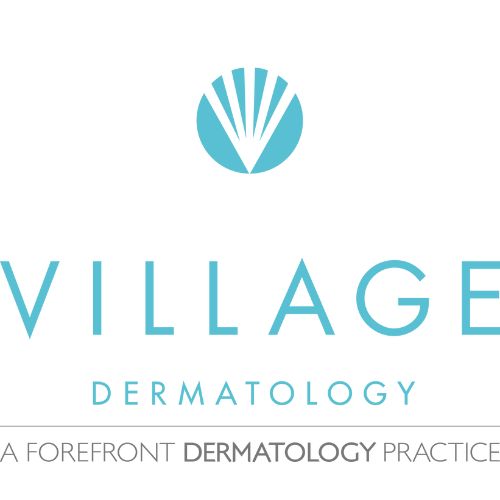What is Eczema?
Many patients we see have eczema, so it is natural that a lot of patients will have questions about this common skin condition. So we ask Kelly Fordham, PA-C some of the most frequently asked questions about eczema that she hears.
-
What is Eczema?
Eczema is a common name for a group of conditions that cause the skin to become red, itchy, and inflamed. Included under the name eczema are several different types of this condition, such as atopic dermatitis, contact dermatitis, dyshidrotic eczema, nummular dermatitis.
-
How many Americans are affected by eczema?
It is estimated that over 30 million Americans have some type of eczema.
-
What are the symptoms of eczema?
Individuals with eczema typically experience some degree of itching ranging from mild to severe. Other symptoms that vary person to person may include dry/sensitive skin, red and inflamed skin, dark-colored patches of skin, oozing or crusting, and swelling.
-
Is it worse in the wintertime?
Some people find that their eczema flare-ups occur more frequency or get worse in the winter. Dry air combined with indoor heating systems is more likely to dry out the skin. Flareups can also be caused by wearing too many layers of clothing, taking hot baths, and using too many bed coverings. These are all things people are more likely to do during the winter months.
-
What is the treatment for eczema?
The cornerstone of eczema treatment is the daily practice of good skincare: bathing, moisturizing, using OTC and prescription medications as prescribed and avoidance of triggers. Prescription treatments may include skin creams, light therapy, and in severe cases, there are systemic agents that may be used.
-
What are the most common triggers for eczema?
Commons triggers include everyday irritants such as metals, soaps and cleaners, fabrics, antibiotic ointments; physical triggers such as stress, skin germs, sweat, long/hot baths or showers; climate such as change in season, hot weather, cold/dry weather, high or low humidity; airborne allergens such as pet dander, pollen, mold, dust mites, and second hand smoke.
-
Will my eczema ever go away?
Eczema is a chronic condition, but more often than not kids tend to outgrow as they get older. However, others may continue to have flares that continue into adulthood. Even adults can develop eczema even if they didn’t have it as a child. At this time there is no cure for eczema, but it is a condition that can be treated and better controlled.
-
Is eczema dangerous if untreated?
Eczema is not dangerous if left untreated, but treatment is recommended to prevent eczema from getting worse, reduce the risk of skin infections, ease discomfort, which can lead to sleep problems and impact one’s self-esteem.
We hope that helped answer a few of the most common questions we get regarding this very common skin condition. As always please let us know if you have any questions.
Live a beautiful life!
The Village Dermatology Team
Fill out the form below to schedule you appointment with our dermatology medical team today.
"*" indicates required fields

